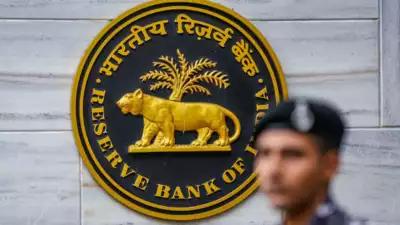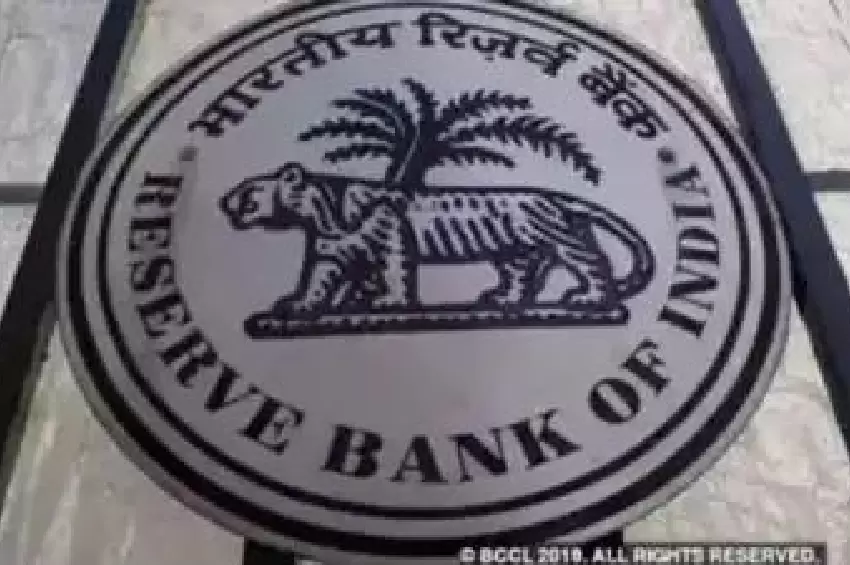Forex Intervention: A Strategic Move for Emerging Economies
According to a recent article in the RBI's January bulletin, the advantages of intervening in the foreign exchange market significantly surpass the associated costs for emerging market economies, such as India. The study, conducted by Michael Patra, Sunil Kumar, Joice John, and Amarendra Acharya, underscores the effectiveness of RBI's interventions in both the spot and forward markets in countering capital flow volatility.

The report highlights a "leaning against the wind" strategy, where the central bank intervenes to moderate significant currency swings, demonstrating symmetric effects of purchases and sales. This approach is crucial in managing volatility and preventing contagion risks, especially in the context of modern currency crises that often stem from central bank balance sheet vulnerabilities rather than economic fundamentals.
Current Trends in RBI's Forex Reserves
This publication comes at a critical time when RBI's forex reserves have seen a notable decline from a peak of $705 billion at the end of September to $625 billion on January 10. This decrease is attributed to dollar sales by RBI to mitigate volatility and the revaluation of non-dollar assets as the dollar appreciated globally.
Emerging vs. Advanced Economies: A Contrast in Forex Interventions
The study also sheds light on the differing motives behind foreign exchange interventions in emerging economies compared to advanced economies. Unlike their advanced counterparts, which have largely ceased such interventions, emerging economies regularly intervene to stabilize markets. The authors emphasize that for these economies, interventions are fundamentally linked to mitigating volatility, not manipulating exchange rate levels.









Comments